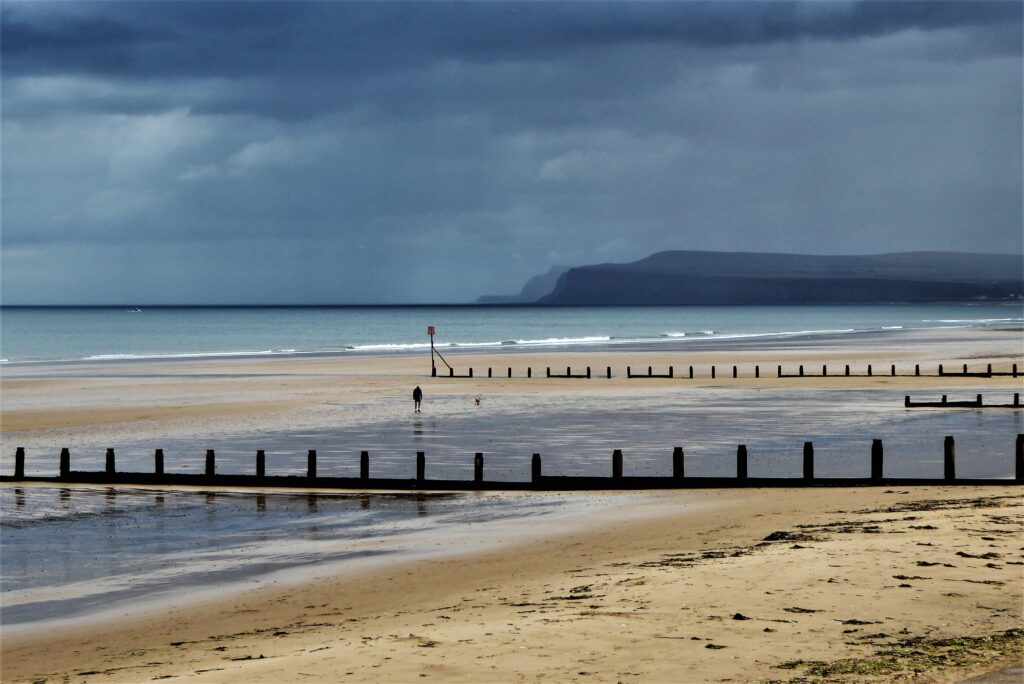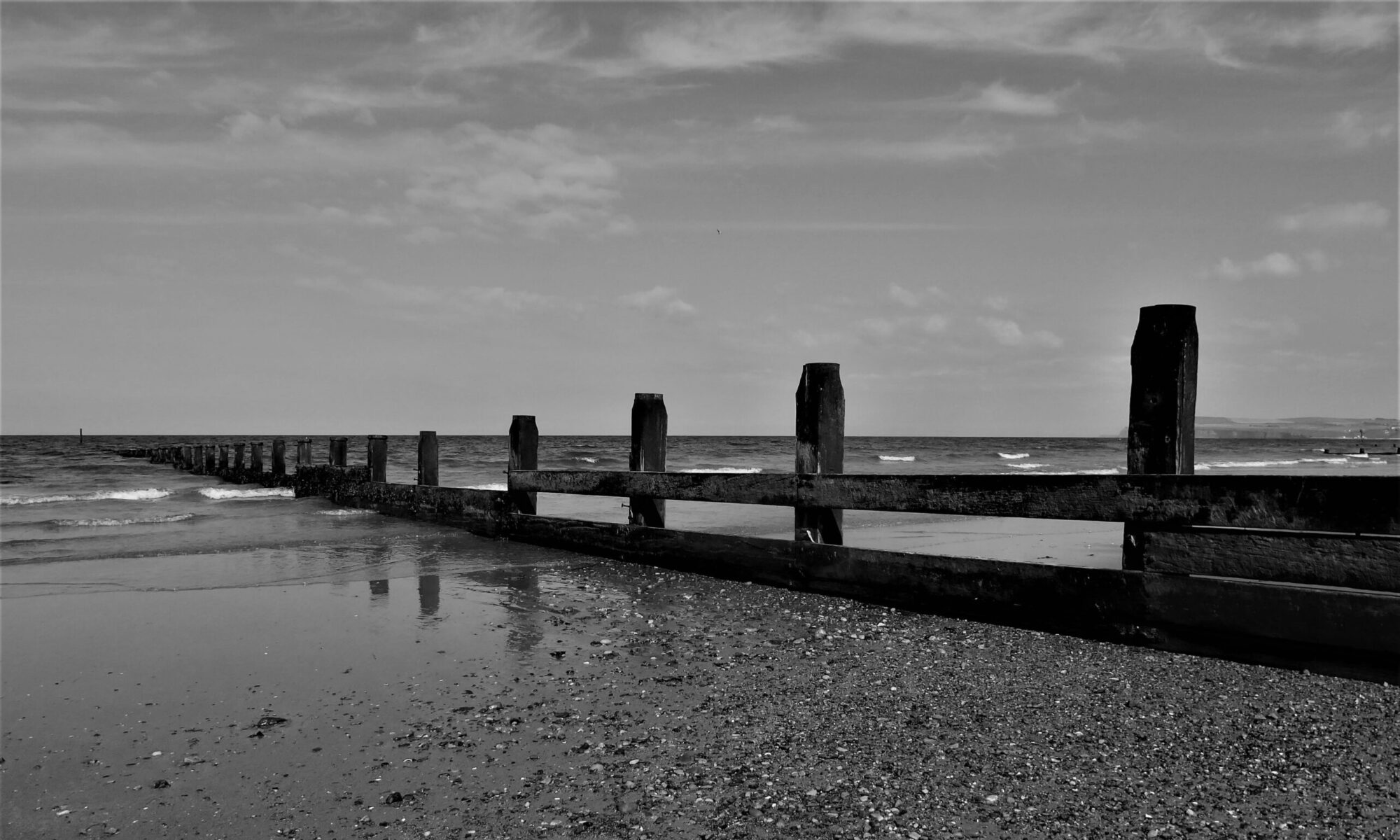
I was delighted to be in conversation recently with Rebecca Helman about the Relating Suicide book. Rebecca is part of the Suicide Cultures team at Edinburgh University, a five-year project funded by a Wellcome Trust Investigator Award. The project focuses on the social and cultural contexts of suicide in Scotland, and it has a deep commitment to working with lived experiences of suicide and suicidality.
My conversation with Rebecca began by reflecting on the trajectory of my work and how I came to write a book on suicide. We reflected on the writing of the book during the Covid-19 pandemic, and what impression this left on the work. We then moved on to think about what creativity means in relation to the book and the ways in which its form bridges the critical and the creative. We considered the importance of capturing feeling as well as facts in relation to suicide, which formed an important link between the book and the Suicide Cultures project.
We then focused on the book more specifically. We talked about the structuring of the chapters around a series of questions, and the limits of what we can know in relation to suicide. We thought about the emphasis that I put on the importance of place in connection to suicide-related grief, and about the language of living beside suicide.
Our conversation closed by thinking about the archive, reflecting on the ways in which my book disrupts institutional archives relating to suicide and is suggestive of more creative archiving practices. Rebecca shared the project’s making of a photographic archive, based on images contributed by those affected by suicide. We ended by registering the importance of listening as well as speaking in the context of suicide narratives.
You can listen to the podcast here.
